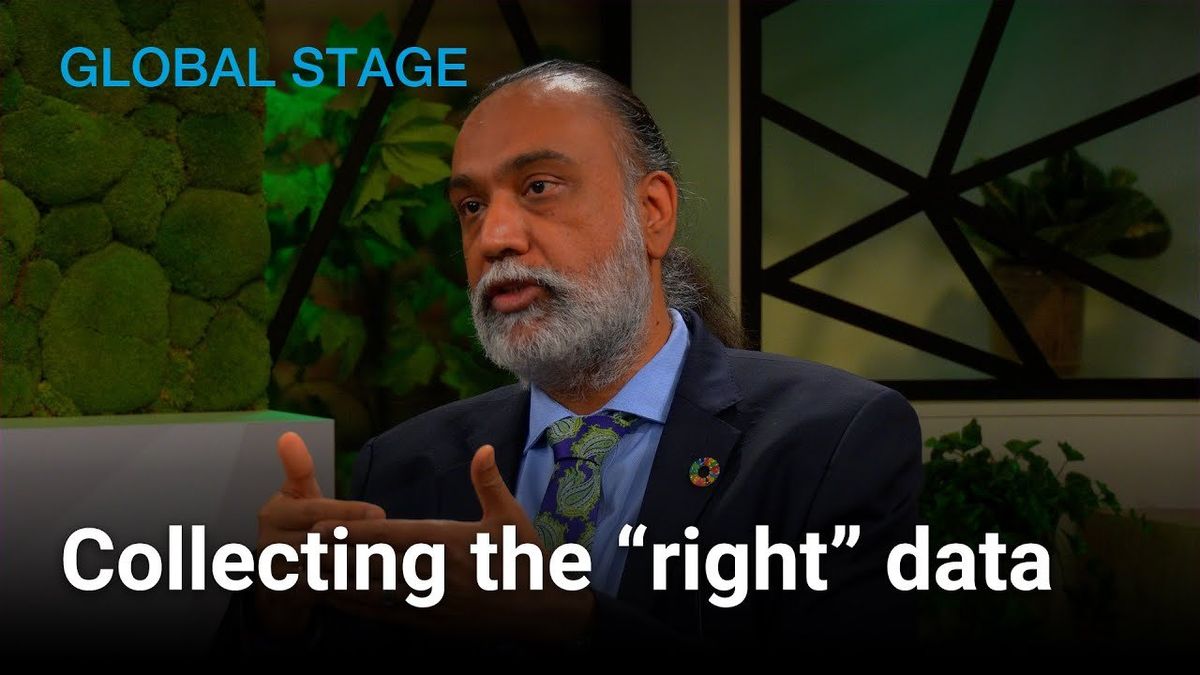Artificial intelligence has brought with it new methods of both collecting and analyzing data. The UN’s special envoy on technology, Amandeep Singh Gill, highlights the importance of developing robust data sets to address critical issues facing the world, such as global food insecurity.
“We need new data sets on how farmers are adapting to changes induced by the shift in our climate landscape. So, bring those data sets together, run analytics on them, and be (more) smart about climate change resilient agriculture.
As the UN’s Sustainable Development Goals (SDGs) 2030 deadline fast approaches, Gill also emphasizes the need for a global network of “digital champions” for the SDGs.
“I think that’s the key area: Data capacity and human capacity doing it together,”
The discussion was moderated by Nicholas Thompson of The Atlantic and was held by GZERO Media in collaboration with the United Nations, the Complex Risk Analytics Fund, and the Early Warnings for All initiative.
Watch the full Global Stage conversation: Can data and AI save lives and make the world safer?
- The Graphic Truth: Has climate change hurt or helped farmers? ›
- Geoengineering: science fiction or a solution to the climate crisis? ›
- Can data and AI save lives and make the world safer? ›
- How AI will roil politics even if it creates more jobs ›
- A vision for inclusive AI governance ›
- Use AI and data to predict and prevent crises - Melinda Bohannon - GZERO Media ›

















